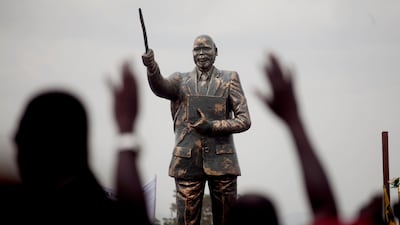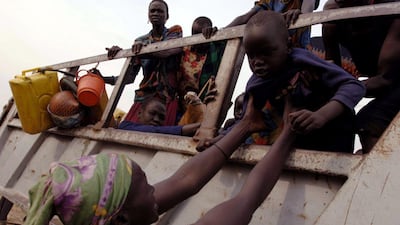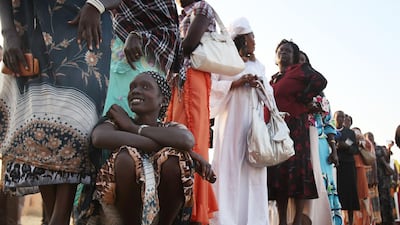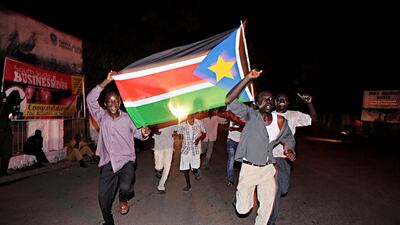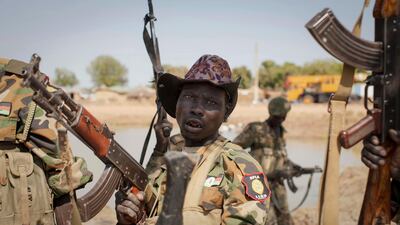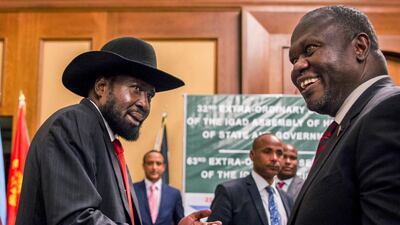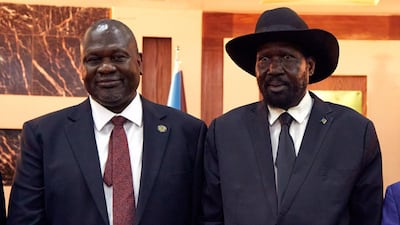On July 9, the world's youngest country will turn 10. It has been a difficult decade for South Sudan. It declared independence from Sudan in 2011, after two civil wars. Only two years after independence, the country fell into another civil war, which is estimated to have killed almost 400,000 people, displacing nearly 4 million. Today South Sudan ranks 187th out of 189 on the Human Development Index, and 179 out of 180 on another leading index that measures public sector corruption.
The National has been reporting from Juba in the run-up to the anniversary, a time for the country to reflect on where it is now, and where it wants to be at the end of the next decade.
South Sudan’s institutions are young. Many of them are still being built. In a region that struggles with poverty, political instability and severe environmental challenges, addressing the population’s basic needs is even more challenging. South Sudan continues to struggle with fresh memories of its conflicts. The country is comprised of 60 different ethnic groups, and building a cohesive system with fair representation across them is crucial to long-term stability.
Intertwined with painful memories of the recent past is South Sudan’s complex and previously much more adversarial relationship with its northern neighbour Sudan. Bitterness was justifiably acute when Sudan (including what is now South Sudan) was ruled by the Omar Al Bashir, who subjected his people to 40 years of oppression.
As Sudan goes through a political rebirth of its own, both countries have a chance profit from each other's success, and to move on from old ghosts.
At the same time, geopolitics in the region are growing more complex. An ongoing dispute over Ethiopia's plans for a vast hydroelectric dam on the Nile to support its development has raised tensions with Sudan and Egypt, both of whom are reliant on the river.
South Sudan, plagued by unreliable power and water issues that range from drought to flooding, has its own plans to build a Nile dam. Given the war of words over Ethiopia’s dam project, another megastructure to regulate the Nile may seem like an exhausting prospect. But if managed responsibly, it could become the example neighbouring powers need as they attempt to strike an understanding. In an interview with The National, Deng Dau Deng Malek, the country's deputy foreign minister, outlined how the region should view the river: “Nile water shouldn’t be a curse but a peaceful, God-given commodity to the region. With proper management and co-operation, the river can remain a blessing."
That sort of cautious optimism is a good place to start in any discussion of South Sudan’s ambitions. Its ten years of self-determination is a worthy occasion for celebration – long enough to instill confidence, and short enough that many opportunities remain on the horizon.
